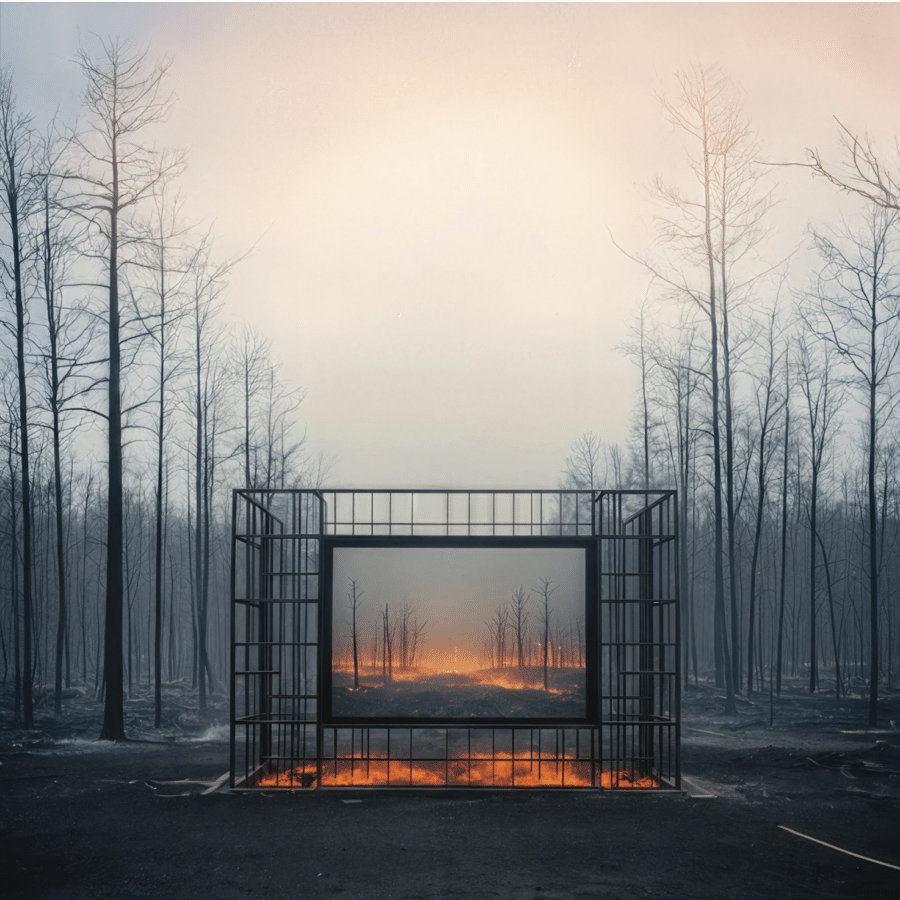
Colloque
Interpolations : AI, Art, and Art History
Du 08 au 09 juillet 2025
Hors les murs
Cet événement a lieu au Centre allemand d’histoire de l’art (DFK)
Sous la direction de Peter Geimer (DFK), Noam Elcott (Columbia University) et Antonio Somaini (Université Sorbonne Nouvelle, IUF)
In the language of machine learning, the term “interpolation” refers to a foundational mathematical technique used to estimate unknown values that fall between known data points. Interpolation allows to fill in missing values in existing datasets, but also to create different kinds of transitions between discrete data points. In the context of this conference, “interpolation” indicates the intention to reflect on the relations and mutual interactions between the fields of AI, art, and art history.
The conference will analyze how recent developments in the field of both analytic and generative AI have profoundly transformed the ways in which images are captured, generated, modified, seen and described, and how contemporary artists have tackled the increasing presence of AI systems, with all their epistemological and political implications, across all layers of culture and society. It will also address the question of whether traditional art-historical and media-theoretical concepts allow us to fully grasp the current, tectonic shifts, or whether new concepts and categories are needed.
The conference is organized by the German Center for Art History Paris (DFK Paris) in collaboration with the Jeu de Paume, where the exhibition The World Through AI/Le monde selon l’IA is currently on view until 21 September 2025. The conference is structured into four panels and will include a guided tour of the exhibition, a screening of recent AI films by Alexander Kluge, and a conversation with the author.
Concept: Noam M. Elcott (Columbia University, New York), Peter Geimer (DFK Paris), and Antonio Somaini (Université Sorbonne Nouvelle/Institut Universitaire de France, Paris)
